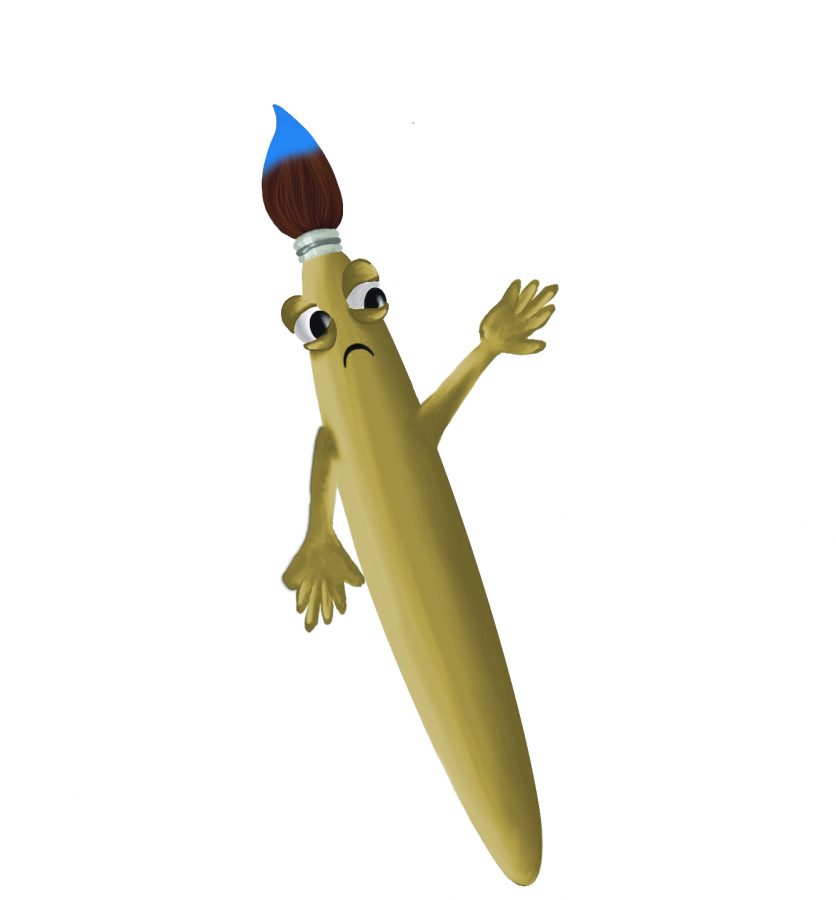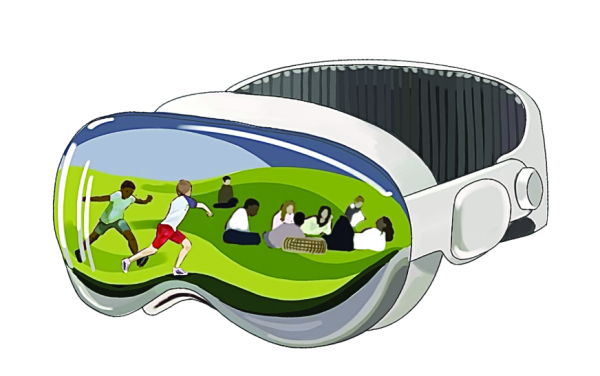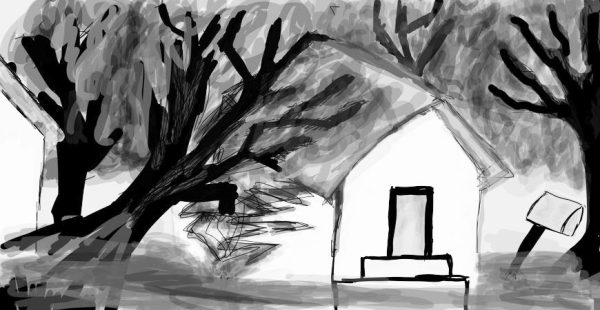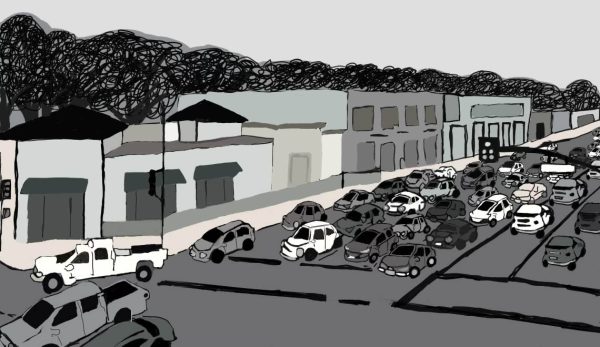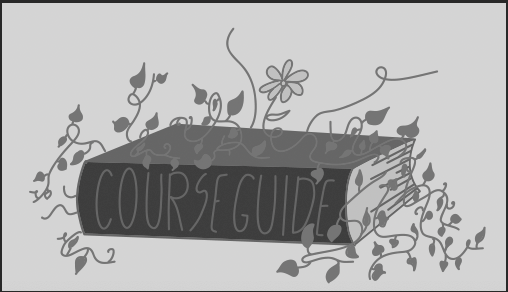The value of the humanities
October 4, 2019
It’s Thanksgiving. Distant relatives, now reunited, scoop sweet potatoes onto paper plates and slather gravy on slices of turkey. They dance around each other, moving from one trivial conversation to the next.
Finally, the question arrives: What do you want to be when you grow up? Looking down at our feet, we consider saying artist, writer, musician. Instead, what comes out is “doctor.”
The study of humanities and the creative arts is often misunderstood. It is neither the decision to spectate the world nor to judge it; rather, it is an opportunity to reach a greater understanding, and for some people, to attain spiritual fulfillment. To most, writing and art are just abstractions and analysis, or the dreaded “close-reading” of obscure texts. In reality, however, the humanities give individuals the opportunity to delve into their shared pasts and to understand the intrinsic, psychological processes that drive us forward.
As our history teacher told us on the first day of class, writing is essential; it is the act of thinking on paper. It is, fundamentally, a way of ensuring that our most private thoughts and insightful revelations have a way of withstanding time and movement. In Latin, we still study Vergil’s “Aeneid” because we can admire Aeneas’s humility and persistence as he blindly stumbles through harpy-infested lands and frothing oceans to found one of the greatest civilizations of all time. In “The Scarlet Letter,” we can relate to Hester’s alienation and to Dimmesdale’s internal struggle between his instinct to assimilate and his personal desire for freedom from societal restraints.
We, like Dimmesdale, deciding whether to stay or go, face the same dilemma when questioned about our future professions. As creative individuals, we smother our aspirations and close our lips to prevent the syllables from falling from our mouths—drummer, painter, novelist, poet, philosopher—because we know what the response will ultimately be.
How are you going to make money? What are you going to do with an English degree? Do you really want to be a starving artist?
So, instead, we mention the medical or political field, waiting for our relatives’ eyes to light up with approval. This is the path they think is best for us, even if we do not. Their poignant, piercing responses are both an unsubtle dig and a barbed warning. While we know that our relatives are well-intended, we realize that this devaluation of art and writing careers is detrimental to our personal growth. Yet, we still let their words influence us.
In our daily lives, individuals face hidden challenges, which are heightened by the perception that their aspirations are not understood. Whether they have that support system or not, and whether they entirely understand themselves or not, writers can provide this companionship in a sometimes more acute way than any person can. Not all pieces of art are life-changing, but readers and observers can be soothed by and even become bonded to these works, proving them to be invaluable sources of peace.
Just as we understand the immense value of people who invest themselves in STEM (Science, Technology, Engineering and Math) fields, we should respect those who devote their lives to writing—to transforming everyday language into a heartwarming Rom-Com nobody is ashamed of watching.
In those awkward, unsettling family moments, we always make it out alive. Nevertheless, in the future, it would be nice to reach a point where pursuing a creative career, related to humanities, causes no distress. As long as there is an astute responsibility for the path one wants to take, his or her road should not only be respected, but encouraged. In our eyes, there is something admirable about those who make a conscious decision to chase the seemingly uncatchable.































